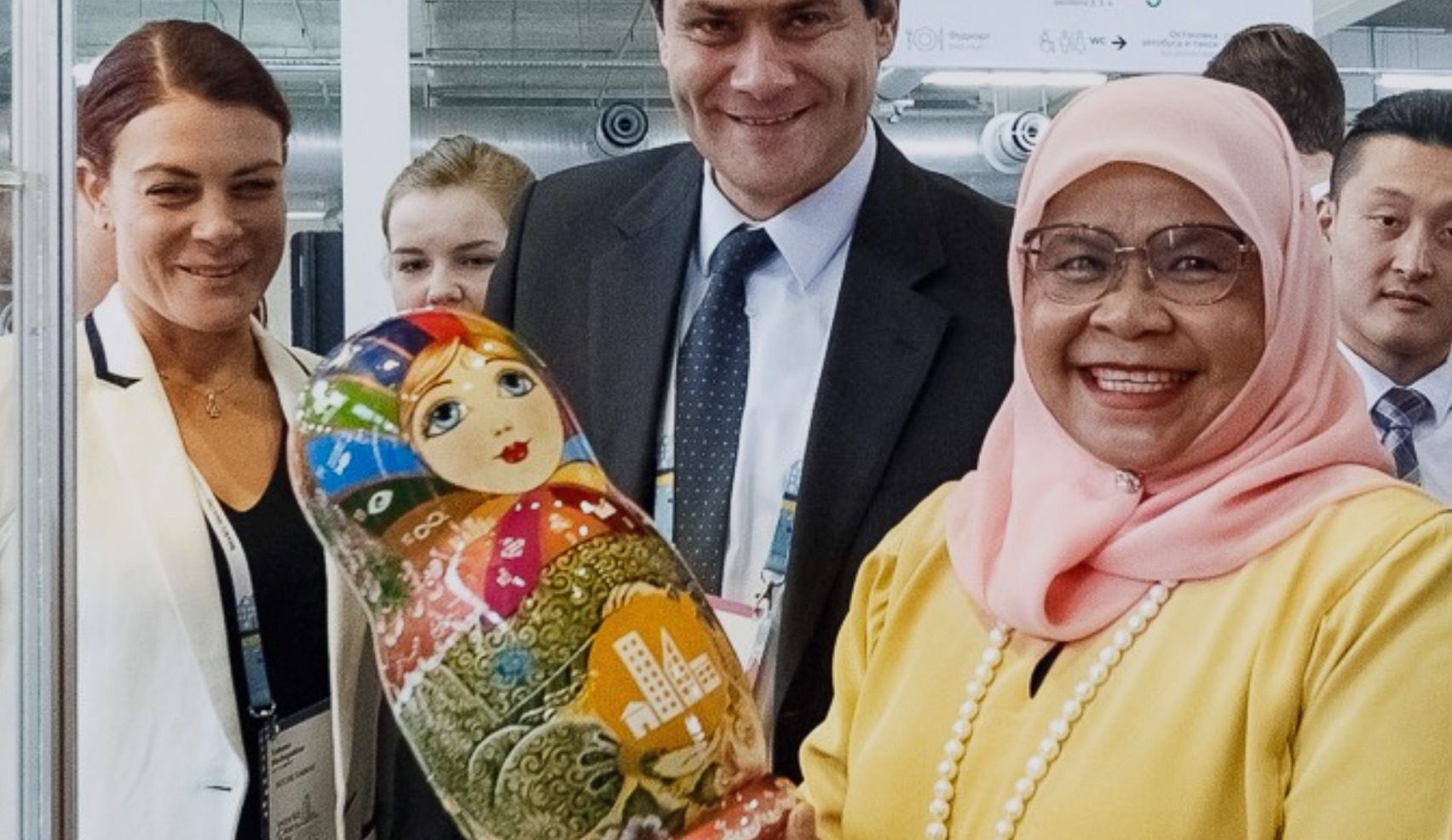As World Cities Day is celebrated around the globe on 31 October, ICLEI, through its Cities Biodiversity Center and the CitiesWithNature initiative, pledge support for the Global Coalition for Biodiversity, launched by the European Commission to raise awareness about the need to protect biodiversity and promote stronger collaborative action.
Global Biodiversity Outlook 5, a flagship report published recently by the United Nations Convention on Biological Diversity (CBD), underlines that humanity stands at a crossroads with regard to the legacy we wish to leave to future generations. This confirmed the most updated scientific analyses about the state of nature, in particular the 2019 IPBES Global Assessment Report on Biodiversity and Ecosystems Services. While there have been countless positive actions and achievements across the world to protect and integrate nature, the current rate of biodiversity loss is unprecedented and pressures are intensifying.
The Global Coalition for Biodiversity, launched by EU Commissioner for Environment Virginijus Sinkevicius, on World Wildlife Day, offers the opportunity for all national parks, aquariums, research centers, botanic gardens, zoos, and science and natural history museums to join forces and boost public awareness about the nature crisis, ahead of the crucial COP15 of the Convention on Biological Diversity next year, when nations will adopt a new global framework to protect and restore nature.
The coalition’s pledge also urges all governments to agree on ambitious policies to restore and protect the ecosystems on which we all depend, and to take urgent measures on the ground.
“Biodiversity is being lost at a faster rate than ever, significantly reducing nature’s ability to ensure the well-being of people. It is time to rethink the relationship between humans and nature,” said Valerie Plante, Mayor of Montreal and ICLEI’s Global Ambassador for Local Biodiversity. “It is within our cities and towns where multiple opportunities exist to raise awareness about the need to protect and respect nature, harness innovation, implement nature-based solutions and embrace a green recovery. Together, let’s take strong action to create vibrant cities, where people and biodiversity can thrive.”
“Given the urgency for joint efforts to solve the current biodiversity crisis, on the occasion of the World Cities Day, we encourage local and regional governments from Europe and beyond to support the Global Coalition for Biodiversity launched by the European Commission. Only by working together with other organisations and institutions and by raising awareness about the need to protect biodiversity, can we reverse the current unprecedented biodiversity losses,” said Cheryl Jones Fur, Deputy Lord Mayor of Växjö (Sweden) and member of ICLEI’s European Regional Executive Committee.
A short animated video launched by ICLEI’s Cities Biodiversity Center today raises awareness around why cities and regions are critical to addressing biodiversity loss and reconnecting people with nature. It also clearly outlines what cities can do to contribute to the Post-2020 Global Biodiversity Framework and set a new nature-positive development path, in order to ensure transformative change to secure a sustainable and healthy future for all.
One of the ways mobilisation of local and subnational governments is being facilitated is through CitiesWithNature, a local and subnational engagement platform co-founded by ICLEI, the International Union for the Conservation of Nature (IUCN), and The Nature Conservancy (TNC). CitiesWithNature is a shared online platform for all cities, regions and other subnational governments to connect and engage in mainstreaming biodiversity in ways that benefit both people and nature. It serves as the ‘one stop shop’ for all levels of subnational governments to share and report on their actions in contributing to achieving the global biodiversity agenda. CitiesWithNature is recognised by the Secretariat of the CBD as the mechanism through which local and subnational governments will share their ambitions, commitments and actions, and will in turn connect, share, learn and inspire each other.
With our announcement today, we add our voice to numerous organisations and associations already supporting the coalition, such as TRAFFIC, The World Association of Zoos and Aquariums, and Botanic Gardens Conservation International. More than 150 institutions are also confirmed, including the iconic Oceanographic Institute of Monaco, Bronx Zoo and Porto Natural History Museum. The coalition aims at gathering 500 by the end of 2020. We need to join forces for nature and stand united for biodiversity, and the time is now!
The animated video was made possible through support from the Post-2020 Biodiversity Framework – EU Support project.











